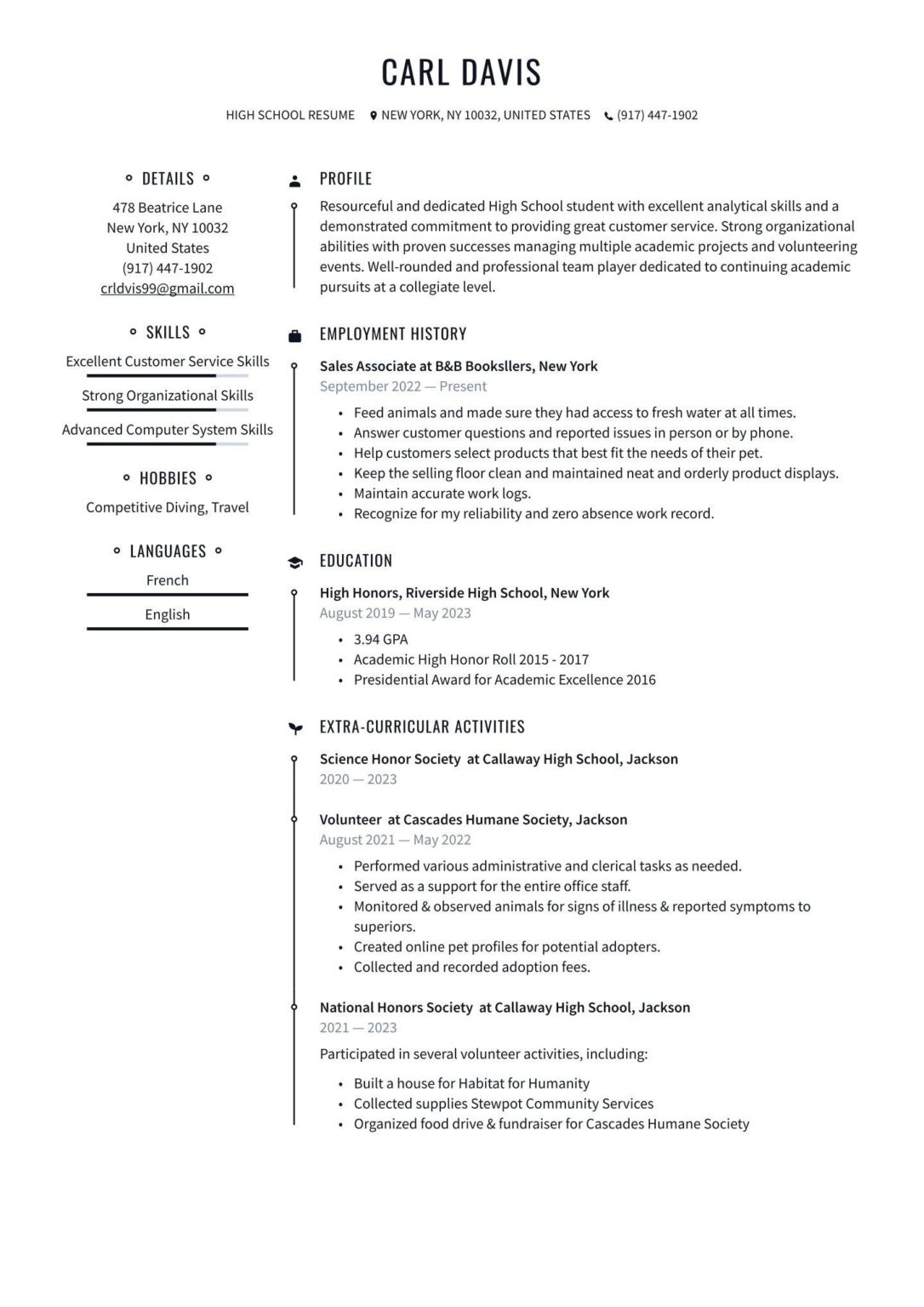Uranium in Niger: The Emerging Epicenter of Global Geopolitical Rivalries
Nestled in the heart of West Africa, Niger—a landlocked country endowed with substantial uranium deposits—is rapidly gaining prominence on the world stage. As international demand for clean and reliable energy surges, this mineral-rich nation has become a magnet for global powers and multinational corporations alike. The strategic value of Niger’s uranium is not only reshaping its economic prospects but also intensifying geopolitical competition among influential countries seeking to secure their energy futures. Against a backdrop of political uncertainty within Niger, foreign investments and interventions are stirring complex dynamics that could significantly impact regional peace and the global energy market. This article delves into how Niger’s uranium reserves have evolved into a critical geopolitical asset, influencing alliances, conflicts, and the trajectory of sustainable energy worldwide.
Global Powers Compete for Niger’s Uranium Amid Rising Tensions
Niger’s vast uranium resources have thrust it into the spotlight as an essential supplier in the global nuclear fuel supply chain. With nations racing to diversify their energy portfolios amid climate change concerns and fluctuating fossil fuel markets, securing access to uranium has become a strategic imperative. Key players such as China, Russia, and several Western countries are actively expanding their influence over Niger’s mining sector through investments, partnerships, and diplomatic engagement.
This scramble underscores broader issues related to:
- Resource Availability: As one of Africa’s leading producers—accounting for approximately 5% of global uranium output—Niger holds significant sway over nuclear fuel supplies.
- Economic Opportunity: International stakeholders view investment in Niger’s mining infrastructure as a gateway to long-term returns amid rising demand.
- Security Concerns: The influx of foreign interests complicates local governance structures while heightening risks linked to regional instability.
To contextualize these stakes further, consider current estimates comparing major holders’ reserves:
| Nation | Total Uranium Reserves (tonnes) |
|---|---|
| Niger | 300,000 |
| Australia | 1,800,000+ |
| Kazakhstan | 900,000+ |
| Canada | 600,000+ |
While Australia leads globally with expansive reserves exceeding 1.8 million tonnes according to recent data from the World Nuclear Association (2024), Niger remains pivotal due to its geographic position within an increasingly volatile region.
Regional Stability Challenges & Energy Security Implications in the Sahel Zone
The growing international focus on Niger’s uranium deposits carries significant consequences for stability across the Sahel—a region already grappling with insurgencies and fragile governance systems. Competition among external actors risks exacerbating existing tensions by fueling local conflicts or empowering militant factions who exploit resource-related disputes.
Furthermore:
The uneven distribution of benefits from mining operations often fuels resentment among indigenous communities who may feel marginalized or excluded from economic gains.
This dynamic can catalyze social unrest or insurgent activity that undermines national security efforts.
Geopolitical rivalries also influence shifting alliances; France historically maintained strong ties with its former colony but now faces increasing competition from China’s Belt and Road Initiative projects aimed at securing resource access across Africa.
These evolving power plays affect not only local politics but also continental energy strategies—where control over key minerals like uranium could determine future dominance in nuclear power generation capacity throughout Africa.
Fluctuations in supply chains may trigger price volatility impacting broader economic conditions across dependent nations. Such shifts reverberate beyond borders affecting diplomatic relations globally.
Empowering African Countries: Maximizing Resource Benefits Through Strategic Diplomacy and Collaboration
In light of intensifying interest from powerful external actors vying for control over critical minerals like uranium—and recognizing past challenges faced by resource-rich African states—it is imperative that governments adopt proactive strategies designed around sovereignty preservation while fostering sustainable development:
- Diplomatic Solidarity: Form coalitions among African nations rich in strategic resources such as Namibia (uranium) or South Africa (platinum group metals) enabling unified negotiation platforms that enhance bargaining leverage internationally.
- Sustainable Infrastructure Development: Invest heavily not only in extraction technologies but also transport networks facilitating efficient export processes which signal commitment toward responsible resource management attracting ethical investors.(Source)
- Cultivating Transparent Governance Models: Implement clear regulatory frameworks governing contracts & revenue sharing ensuring accountability thereby building trust domestically & abroad;
- Nurturing Local Expertise: Prioritize education initiatives focused on mining engineering & environmental sciences empowering communities directly impacted by extraction activities;
- Additionally, a pan-African consortium dedicated specifically toward coordinating policies around uranium production could prove transformative. This “African Uranium Alliance” might focus on:
Core Objectives Expected Advantages < td >Coordinated Export Policies td >< td >Stronger negotiating positions against multinational buyers; td > tr > < td >Joint Research Programs td >< td >Accelerated innovation improving extraction efficiency reducing environmental footprint; td > tr > < td >Unified Regulatory Standards td >< td >Enhanced protection measures benefiting ecosystems & affected populations; td > tr > This collaborative approach would amplify African voices ensuring equitable benefit-sharing while mitigating risks associated with unilateral exploitation.

